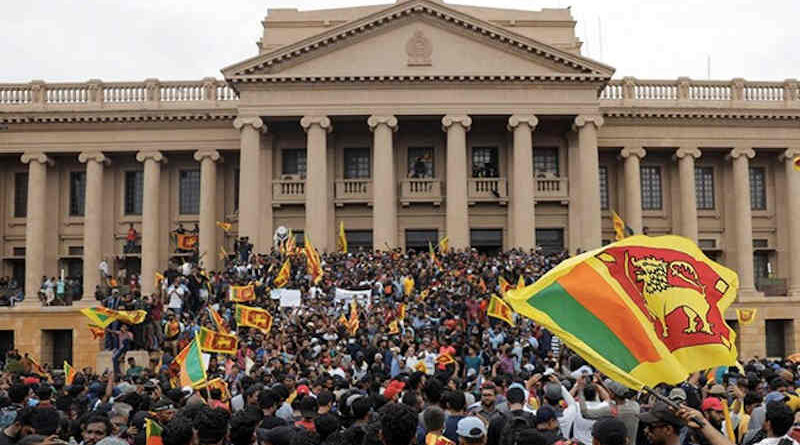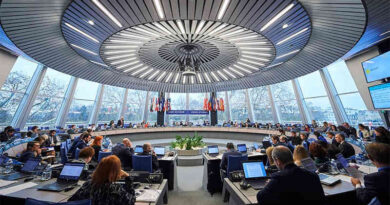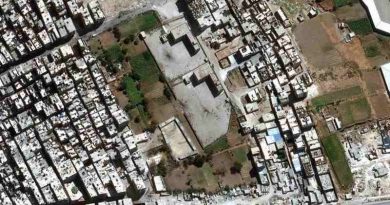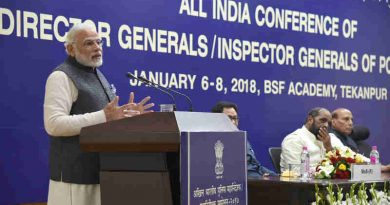Sri Lankans Confirm Peaceful Public Protests Fail in Violent Authoritarian Regimes
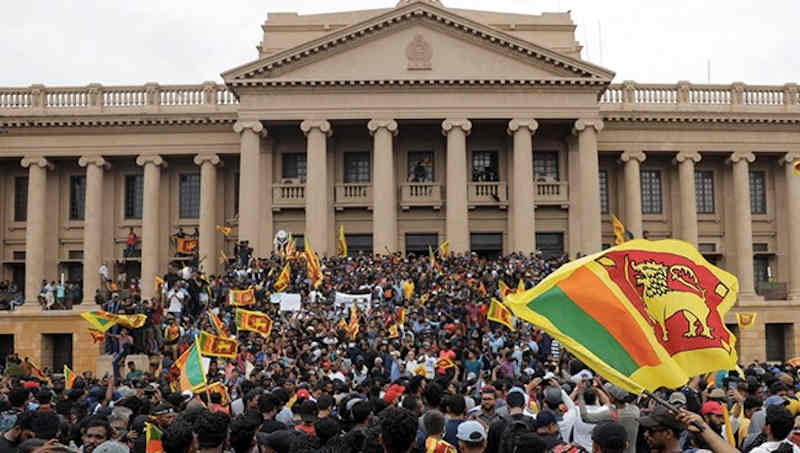
It appears that the Sri Lankan model of protests can succeed in many autocratic nations where the dictators are hell-bent to destroy democratic structures.
By Rakesh Raman
It is often said that the protesters who are deprived of their rights in different countries should hold peaceful protests to highlight their grievances.
However, in almost all the countries peaceful protests by citizens have failed and rather the protesters are brutally attacked by the police and security forces which act like cruel mercenaries deployed by the tyrannical rulers to crush the peaceful protests.
Examples of such countries where peaceful protests have failed include Russia, Belarus, China, Hong Kong, India, Israel, Myanmar, Brazil, Thailand, and a number of other places. The peaceful protesters in these authoritarian countries are facing police brutality, arbitrary arrests, torture in custody, unlawful prosecutions, and even death penalties.
As authoritarianism is spreading across the world like a dreadful pandemic disease, police and security personnel behave as gangs of criminals hired by the rulers and court judges work as slaves to those tyrants.
Global leaders in the U.S. and Europe as well as the good-for-nothing UN bureaucrats such as the UN Secretary-General António Guterres and the UN High Commissioner for Human Rights Michelle Bachelet keep making casual, meaningless, and perfunctory statements to condemn the authoritarian regimes. But they do not take any steps to protect people and their rights.
Unfortunately, there is no justice or relief for the persecuted commoners who protest peacefully. There is, however, a ray of hope visible in Sri Lanka. Thousands of oppressed citizens in Sri Lanka are participating in aggressive and violent street protests that have brought an interim justice to them. Protesting Sri Lankan citizens have overthrown the tyrants who are on the run.
When Sri Lankans were protesting peacefully, they were beaten by the regime-backed security personnel. But when their protests turned violent, they were allowed to freely move forward to dethrone the corrupt rulers.
It appears that the Sri Lankan model of public protests can succeed in many autocratic nations where the dictators are hell-bent to destroy democratic structures.
By Rakesh Raman, who is a national award-winning journalist and social activist. He is the founder of a humanitarian organization RMN Foundation which is working in diverse areas to help the disadvantaged and distressed people in the society.
💛 Support Independent Journalism
If you find RMN News useful, please consider supporting us.

